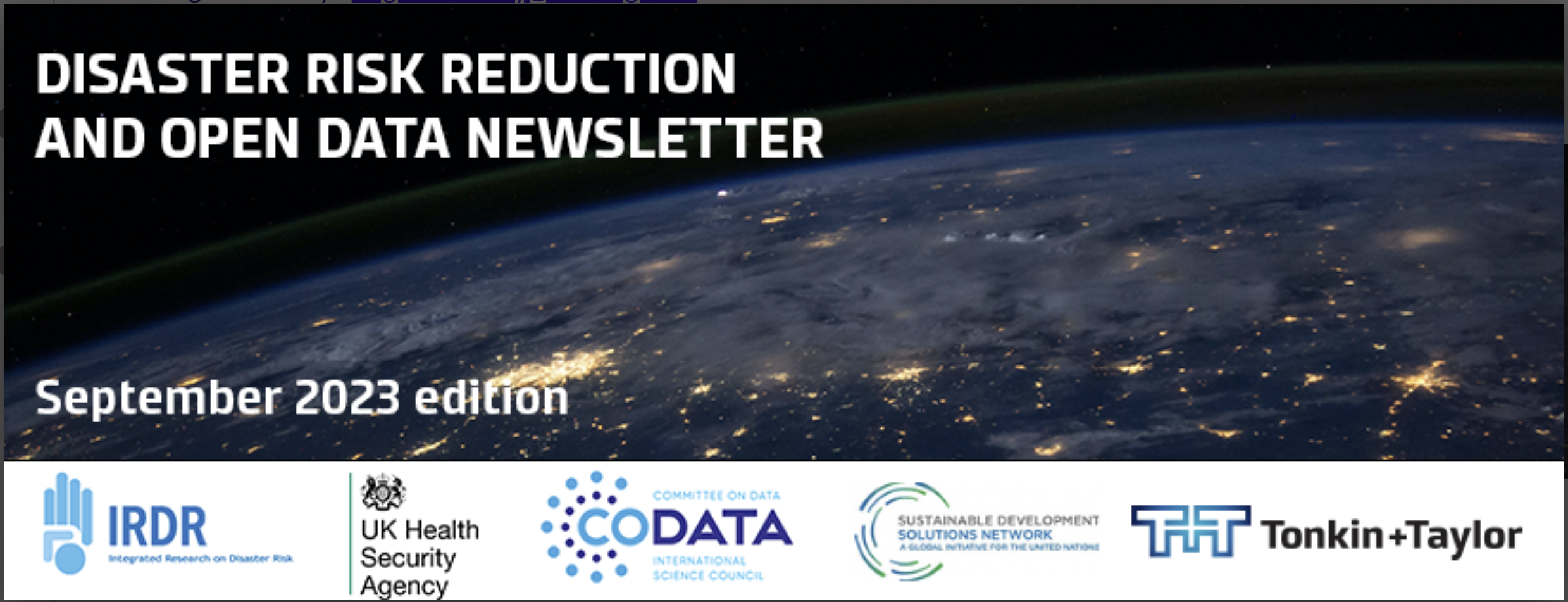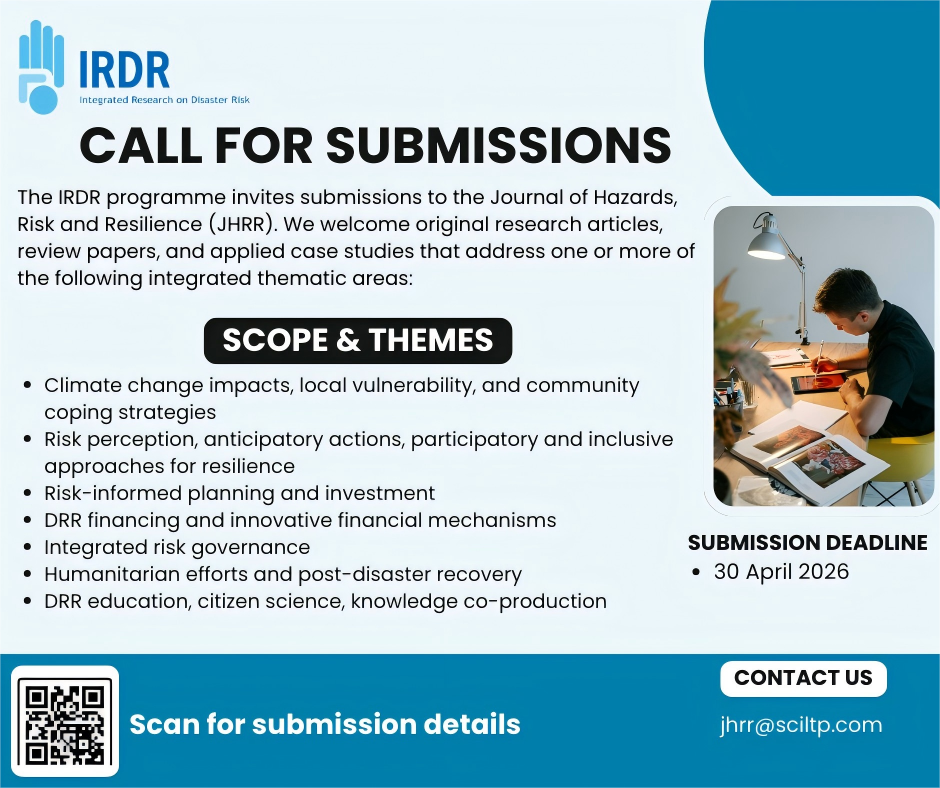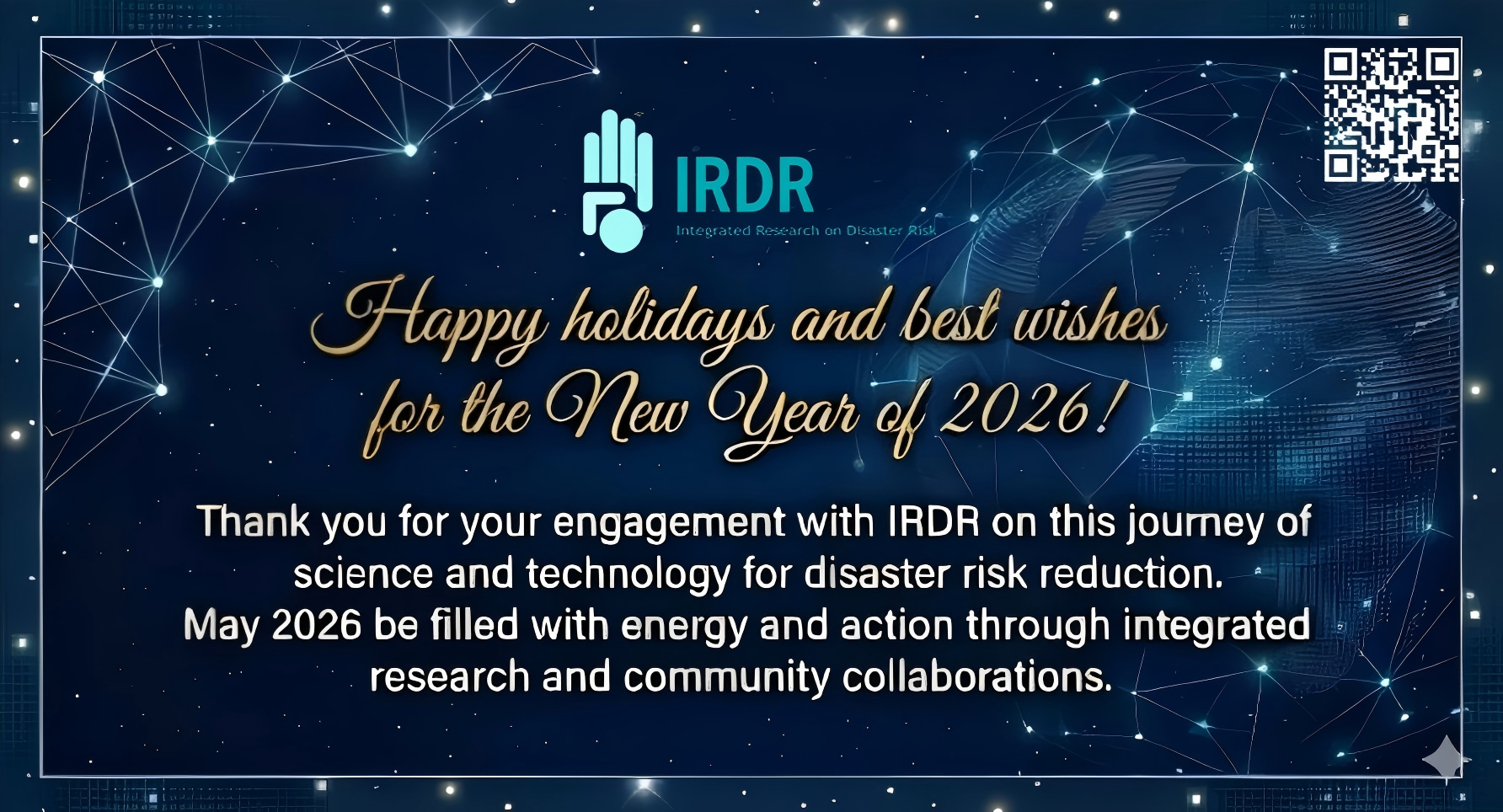

Channeling a safer future: How Georgia is engineering a climate-resilient future, safe from floods
The unprecedented scale of the 2015 floods served as a wake-up call to the authorities and communities alike, prompting a re-evaluation of flood preparedness and the need for greater measures to mitigate future disasters – particularly in the context of more frequent extreme weather driven by climate change.
Monitoring Coastal Erosion in Africa using Earth Observation Data
The Digital Earth Africa #Coastline monitoring service empowers users to unlock sustainable coastal zone management through understanding patterns from the past.
Artificial Glacier Helps Mountain Village in Kyrgyzstan Meet Water Needs
In southern Kyrgyzstan agriculture is the main source of income and food. To increase the communities’ resilience to weather anomalies, experts from the Food and Agriculture Organization of the United Nations (FAO) proposed the construction of an artificial glacier in the region as part of the “Shared prosperity through cooperation in border regions of Kyrgyzstan and Uzbekistan” project.
New Test Chamber Created to Find Better Ways to Keep People Cool
A shipping container that can test passive cooling systems could help researchers and builders find carbon-free ways to keep people cool in extreme temperatures. Washington State University researchers created the 60-square-foot chamber to test passive systems that use wind towers along with water evaporation instead of electricity to cool spaces.
Global Heating Likely to Hit World Food Supply Before 1.5C, Says UN Expert
The world is likely to face major disruption to food supplies well before temperatures rise by the 1.5C target, the president of the UN’s desertification conference has warned, as the impacts of the climate crisis combine with water scarcity and poor farming practices to threaten global agriculture.

Investing in Resilience: Innovative Finance for Drought Preparedness
The policy brief demonstrates that enhancing resilience is one of the most cost-effective actions countries can take, and is typically far less expensive than interventions focused on responding to, and recovering from, the impacts of droughts, but innovative financing mechanisms are essential to fund the necessary long-term investments.
Leveraging Blockchain Technology for Crisis Management
In the aftermath of climactic disasters, questions can often be raised that scrutinize the response from government authorities in aiding those affected. Taken from their research presented in Public Administration Review, Wendy D Chen and Ilia Murtazashvili explore the role of blockchains in disaster management. The authors argue that blockchains provide mechanisms of transparency and security that can enable governments to respond more effectively to disasters.
Comparison and Analysis of national Climate Change Adaptation Policies in the Nordic Region
This report presents the findings from a comparative study of climate change adaptation policy in Denmark, Finland, Iceland, Norway, and Sweden. Based on a comparative analysis of the policy landscape, including legislative frameworks, policy instruments, and financing mechanisms, the report identifies best practices and main challenges as well as key factors influencing the progress of national adaptation.
Machine Learning-enabled Regional Multi-hazards Risk Assessment Considering Social Vulnerability
This study proposes a multi-hazards risk assessment method which considers social vulnerability into the analyzing and utilize machine learning-enabled models. The regional multi-hazards risk assessment poses difficulties due to data access challenges, and the potential interactions between multi-hazards and social vulnerability.
Weathering the Storm: Insurance in a changing climate
This report explores the role of the insurance market in responding to these complex issues. It is informed by a nationwide survey of people that have home insurance, as well as interviews with homeowners and people who rent in communities affected by extreme weather events.

Climate Ambition Summit
To accelerate action by governments, business, finance, local authorities and civil society, and hear from “first movers and doers,” the United Nations Secretary-General is convening a Climate Ambition Summit at United Nations Headquarters in New York on 20 September 2023.
3rd International Forum on Big Data for Sustainable Development Goals (FBAS)
Thursday 7 September 2023; 13:30 to 15:00 CST (UTC +8, Beijing time) a CODATA+ Session on ‘Data and AI Policy for the Responsible Governance of Big Data During Crisis Situations for Achieving the UN Sustainable Development Goals’ as part of The 3rd International Forum on Big Data for Sustainable Development Goals (FBAS 2023). Here is a registration link for online participation.
Introduction to the Scorecard Action Guide: Prioritization of DRR Actions
This webinar session aims to introduce the Scorecard Action Guide and present a methodology for cities to frame and prioritise their programmes of action using data from the Scorecard assessment.
GCF Private Investment for Climate Conference 2023
Wednesday, 27 September 2023, 13:00 to 15:00 UTC; 15:00 to 17:00 CEST (Brussels time): A Research Data Alliance’s (RDA) 10th Anniversary Webinar organized by the AIDV-WG + GOSC and CODATA IDPC on ‘The Role of Artificial Intelligence in Building Responsible Open Science Infrastructures’. Here is a registration link for online participation.
CODATA Connect Webinar - Data Stewardship, What’s in it for me?
This webinar will cover the practical aspects of data stewardship: what do people mean by it, why it is important (= the selfish benefits of good data stewardship), and, crucially, where and how to look for help. The session will be interactive, with plenty of time for questions and discussion.18 September:
UNDRR GETI, UNITAR & WHO E-learning Course] Resilience of Local Governments
In line with the Sendai Framework for Disaster Risk Reduction 2015-2030, SDG 11.B and SDG 3.D, this e-Learning Course aims to contribute to strengthening the capacity of local government officials for risk reduction and resilience planning inclusive of health threats management.
International Conference on Science and Technology for Sustainability 2023 – Transforming Society to Become Resilient and Sustainable beyond Catastrophic Disasters
The Science Council of Japan, the Japan Hub of Disaster Resilience Partners (JHoP) and the National Research Institute for Earth Science and Disaster Resilience (NIED) invite you to the “International Conference on Science and Technology for Sustainability 2023 – Transforming Society to Become Resilient and Sustainable beyond Catastrophic Disasters”.






